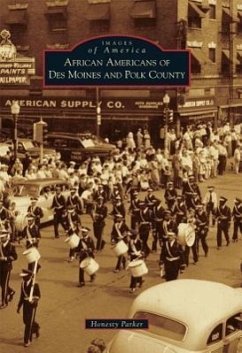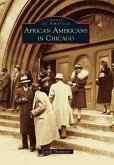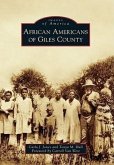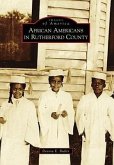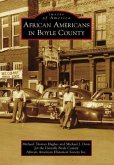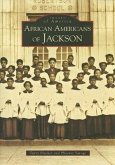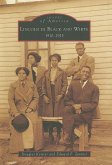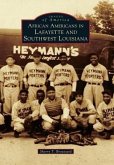Although African American pioneers arrived in Des Moines, Iowa, in the early 1860s, the population exploded in the 1880s due to the surrounding coal mines. In the 1860s, the Burns Methodist Episcopal Church was the first African American church built in Des Moines, and its only address was East Side of the River. From 1900 to the 1960s, African Americans across the United States called Center Street the coolest place in the country. The likes of Duke Ellington, Ella Fitzgerald, Louis Armstrong, and many others graced the hotels and clubs there. In Des Moines in the late 1960s and early 1970s, young African Americans discarded the term Negro and demanded to be referred to as Afro-American or black, as black pride swelled in their chests.

